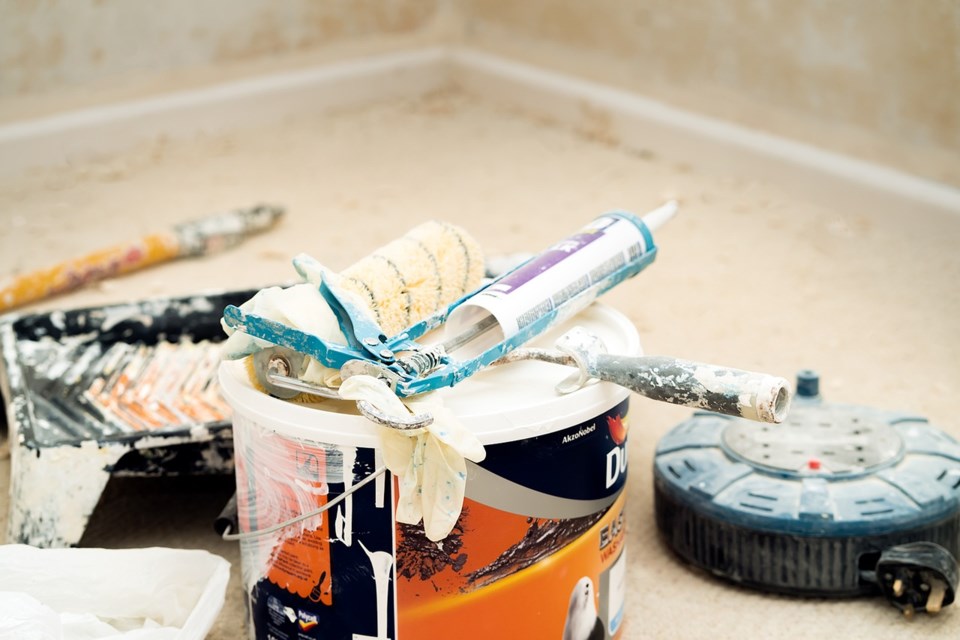With home improvement season around the corner, the Better Business Bureau (BBB) is urging people to use caution when hiring a contractor, lest they fall victim to some of the most dastardly scams in the home improvement market.
According to the BBB, last year the bureau received several local Scam Tracker reports about people losing thousands of dollars to contractor scams, primarily due to fly-by-night businesses using high-pressure sales tactics and demanding upfront fees. The con artists find plausible reasons for consumers to give them money and will either deliver shoddy work, or no work at all.
Home improvement scams placed number three on the BBB list of Top 10 Riskiest Scams across Canada for 2020. The scam has the third highest susceptibility rate at 73.9 per cent, with consumers losing a median average of $1,000. However, individual losses are significantly higher.
How it works
As the BBB tells it, home improvement scams can start with a knock on the door, a flyer, or an ad.
“Sometimes the scammers are lurking outside home improvement stores and in other instances, they have set up fake websites and business accounts on social media,” to make their “service” more attractive the contractor may offer a low price or a short timeframe.
“One common hook is when the scammer claims to be working in your neighbourhood on another project and has leftover supplies. Once started, a shady contractor may ‘find’ issues that significantly raise the price. If you object, they threaten to walk away and leave a half-finished project.”
In other cases, the con artists may accept your upfront deposit and then never return to do the job.
How to avoid the scams
The bureau says there are a few red flags you can watch out for, such as cash-only deals, high-pressure sales tactics, high upfront payments, and handshake deals without a contract.
-
Research and gather information.
- Search for a contractor’s Business Profile on BBB.org. Get free information on their history of complaints
-
Search for the company online.
- Use search terms like "Complaint", "Review" or "Scam" to find different results.
-
Ask for references.
- Bad contractors will be reluctant to share this information and scammers will not wait for you to do your homework.
-
Get references from past customers.
- Get both older references to check on the quality of the work and newer references to make sure current employees are up to the task.
-
Avoid cutting corners.
- Work with local businesses that have proper identification, licensing and insurance and that provide detailed information about the job.
-
Get a written contract.
- Make sure the contract includes the price, materials and timeline and confirm they will get the necessary permits.




